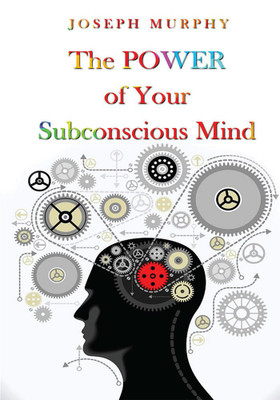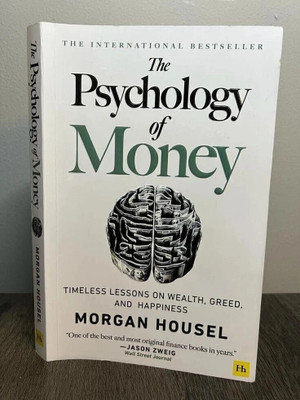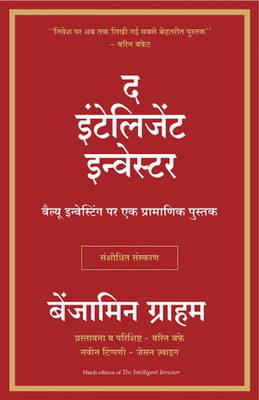
The Zen of Steve Jobs (English, Paperback, Melby Caleb)
Share
The Zen of Steve Jobs (English, Paperback, Melby Caleb)
4.3
12 Ratings & 3 Reviews₹1,761
₹2,429
27% off
Available offers
T&C
T&C
T&C
T&C
Delivery
Check
Enter pincode
Delivery by30 Sep, Tuesday
?
View Details
Highlights
- Language: English
- Binding: Paperback
- Publisher: John Wiley & Sons Inc
- Genre: Business & Economics
- ISBN: 9781118295267, 9781118295267
- Pages: 80
Seller
Description
An illustrated depiction of Steve Jobs' friendship with Zen Buddhist Kobun Chino Otogawa and the impact it had on Jobs' career Apple cofounder Steve Jobs (1955-2011) had such an enormous impact on so many people that his life often took on aspects of myth. But much of his success was due to collaboration with designers, engineers and thinkers. The Zen of Steve Jobs tells the story of Jobs' relationship with one such person: Kobun Chino Otogawa. Kobun was a Zen Buddhist priest who emigrated to the U.S. from Japan in the early 1970s. He was an innovator, lacked appreciation for rules and was passionate about art and design. Kobun was to Buddhism as Jobs was to the computer business: a renegade and maverick. It wasn't long before the two became friends--a relationship that was not built to last. This graphic book is a reimagining of that friendship. The story moves back and forward in time, from the 1970s to 2011, but centers on the period after Jobs' exile from Apple in 1985 when he took up intensive study with Kobun. Their time together was integral to the big leaps that Apple took later on with its product design and business strategy. Told using stripped down dialogue and bold calligraphic panels, The Zen of Steve Jobs explores how Jobs might have honed his design aesthetic via Eastern religion before choosing to identify only what he needs and leave the rest behind.
Read More
Specifications
Book Details
| Imprint |
|
Dimensions
| Width |
|
| Height |
|
| Length |
|
| Weight |
|
Ratings & Reviews
4.3
★
12 Ratings &
3 Reviews
- 5★
- 4★
- 3★
- 2★
- 1★
- 6
- 4
- 2
- 0
- 0
4
Art of Apple maintenance
...The art is beautiful, a combination of manga and western styles with clean lines and sweeping tones in muted greens, blues and purples. Its richness lies in its minimalism and simplicity, just like any Apple product. And as a timely tribute to Jobs, The Zen matches up to his last words in the last frame: Itâ??s perfect.
READ MORESajeev Kumarapuram
Feb, 2012
1
0
Report Abuse
4
A Well-Told Tale
While by no means a biography, this graphic novel sheds light on a lesser-known part of Job's life, and so furthers understanding. Keep in mind that a lot of it is based on third-person accounts mixed with conjecture, which puts it in the category of biographical fiction.
This book eschews the extraneous and even some important concurrent events, in order to tell the story in a spare, clean way. The visuals partake of this approach too. (Jobs would have approved.)
An accessible, well-paced,...
READ MOREThis book eschews the extraneous and even some important concurrent events, in order to tell the story in a spare, clean way. The visuals partake of this approach too. (Jobs would have approved.)
An accessible, well-paced,...
Dawa
Certified Buyer
May, 2012
1
0
Report Abuse
5
Sublime
I have lost count of the number of times I have read this book. And each time I happen to find things that I had missed out earlier. Dont know why but reading this book gives me peace. Beautifully laid out illustrations and lettering. Truly "Zen".
READ MOREDibakar Mushahary
Certified Buyer
Apr, 2012
1
0
Report Abuse
Be the first to ask about this product
Safe and Secure Payments.Easy returns.100% Authentic products.
Back to top







